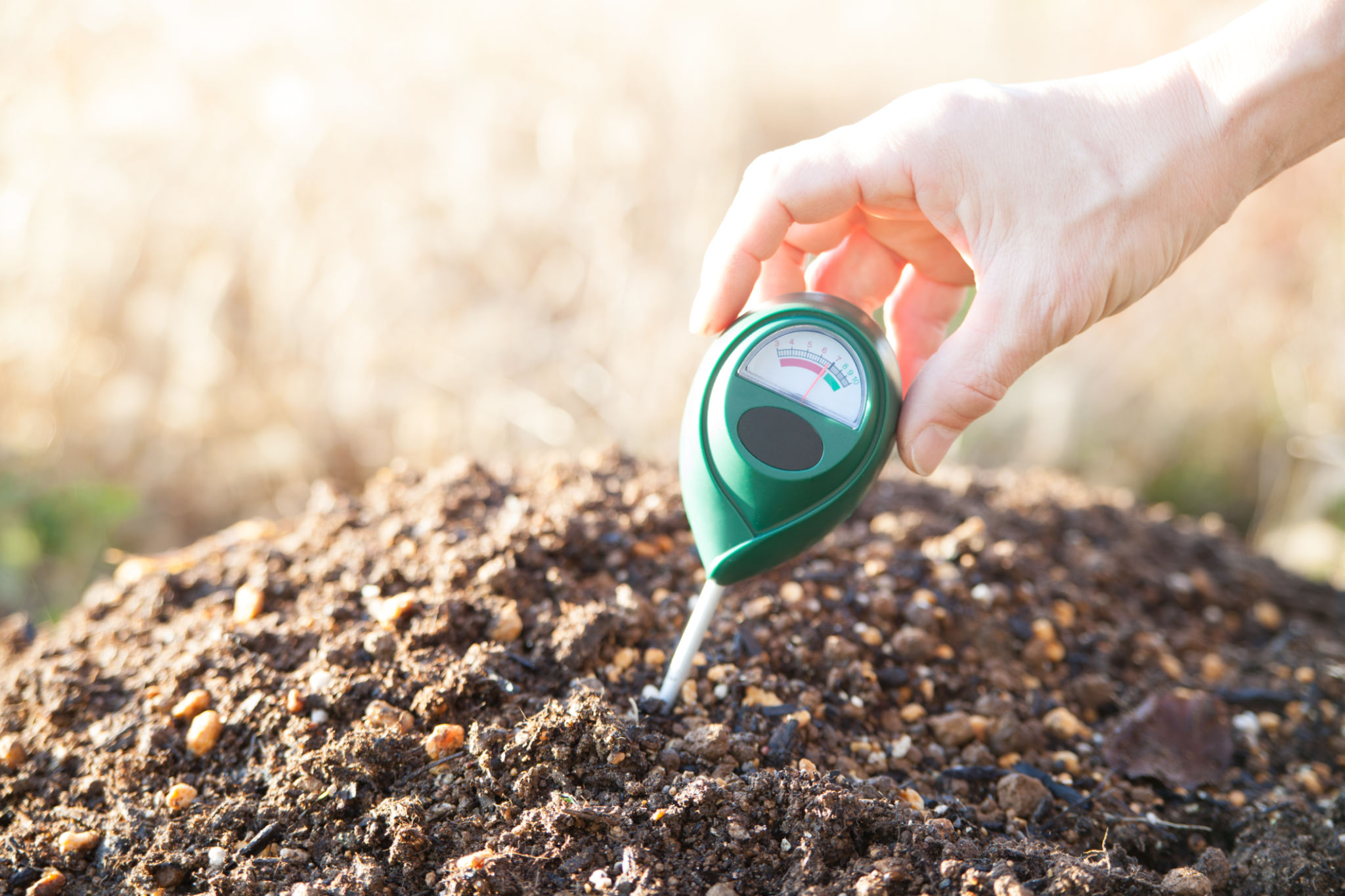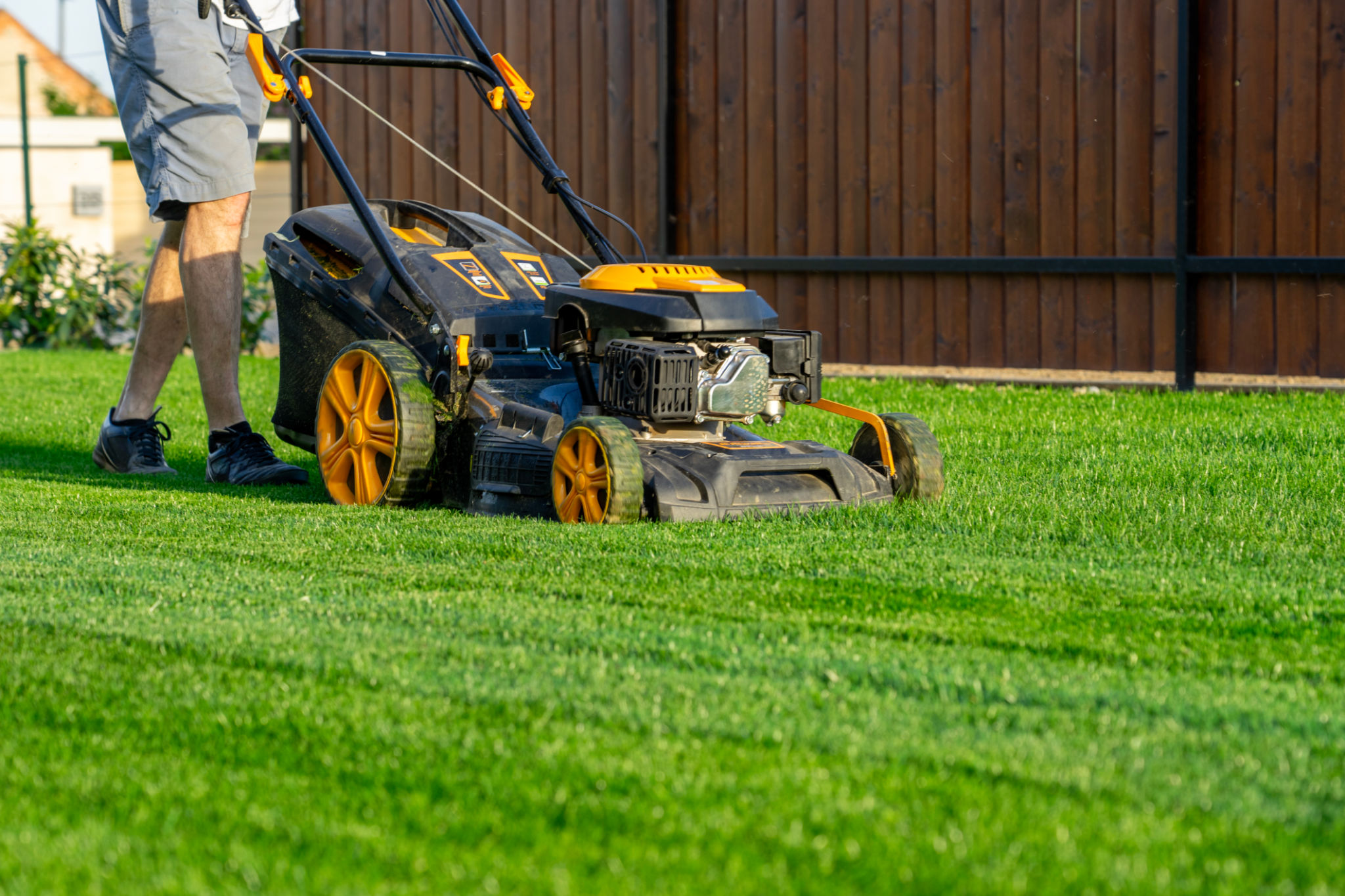DIY Lawn Care Tips for Hamilton Homeowners
Understanding Your Lawn's Needs
Caring for your lawn starts with understanding its unique needs. Hamilton's climate, with its cold winters and humid summers, requires a tailored approach to lawn care. Knowing your grass type is crucial, as each variety has specific maintenance requirements. Common grass types in the area include Kentucky bluegrass, perennial ryegrass, and fescue. Test your soil's pH levels to determine if any adjustments are necessary to promote healthy growth.

Watering Wisely
Watering is a fundamental aspect of lawn care, but it’s important to get it right. Overwatering can lead to fungus and disease, while underwatering stresses the grass. Aim to water early in the morning when evaporation rates are low. Generally, lawns need around 1 to 1.5 inches of water per week, including rainfall. Use a rain gauge to monitor precipitation and adjust your watering schedule accordingly.
Effective Irrigation Systems
Consider investing in an efficient irrigation system to ensure even coverage and reduce water waste. Drip irrigation or soaker hoses can be more effective than traditional sprinklers, especially for larger lawns. Additionally, check for leaks and clogs in your system regularly to maintain optimal performance.
Mowing Techniques
Proper mowing is essential for maintaining a healthy lawn. Always keep your mower blades sharp to prevent tearing the grass, which can lead to disease. Follow the one-third rule: never cut more than one-third of the grass height at a time. This practice helps the grass retain moisture and promotes deeper root growth.

Mowing Frequency
The frequency of mowing depends on the season. During peak growing seasons like spring and early summer, you may need to mow once a week. In the slower growth periods of late summer and fall, mowing every two weeks may be sufficient. Adjust your mowing schedule based on the growth rate of your grass.
Fertilization Strategies
Fertilizing your lawn provides essential nutrients that promote lush growth. In Hamilton, it’s best to fertilize in early spring and fall. Choose a fertilizer that matches your lawn’s specific nutrient needs, often indicated by the results of your soil test. Consider using organic fertilizers for an eco-friendly approach.

Avoiding Over-Fertilization
Over-fertilization can harm your lawn and contribute to environmental pollution. Always follow the product instructions for application rates. Using a spreader ensures even distribution and minimizes the risk of over-application.
Weed Control
Weeds can quickly overtake a lawn if not managed properly. Regularly inspect your lawn for weeds and remove them by hand or with a weeding tool. For more persistent weeds, consider using a selective herbicide that targets weeds without harming grass.
Preventative Measures
Maintaining a healthy, dense lawn is one of the best defenses against weeds. Proper mowing, watering, and fertilization will help keep your grass strong and less susceptible to weed invasion. Implementing these comprehensive strategies will ensure your Hamilton lawn remains vibrant and healthy year-round.
